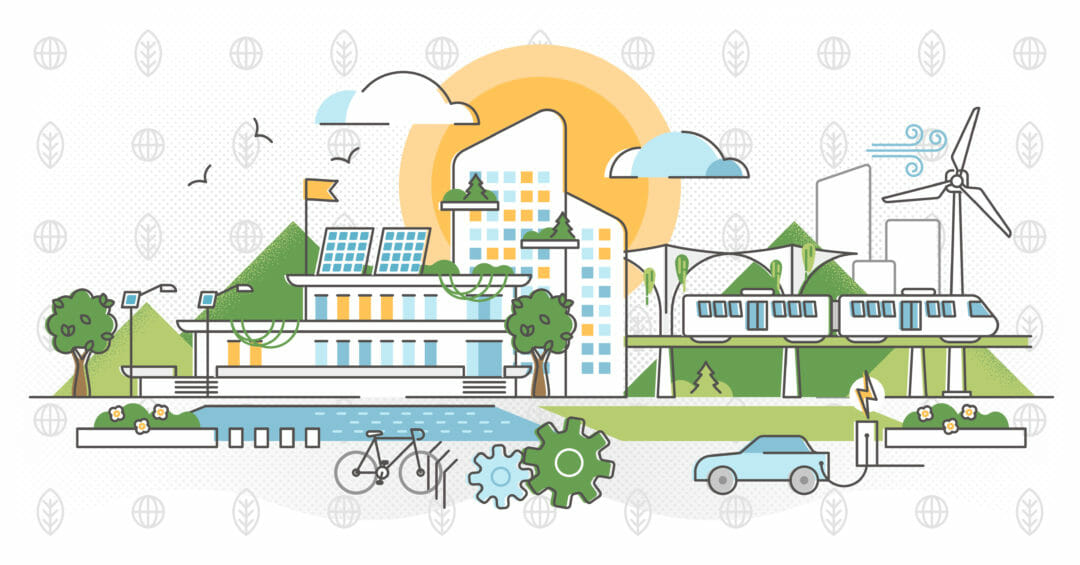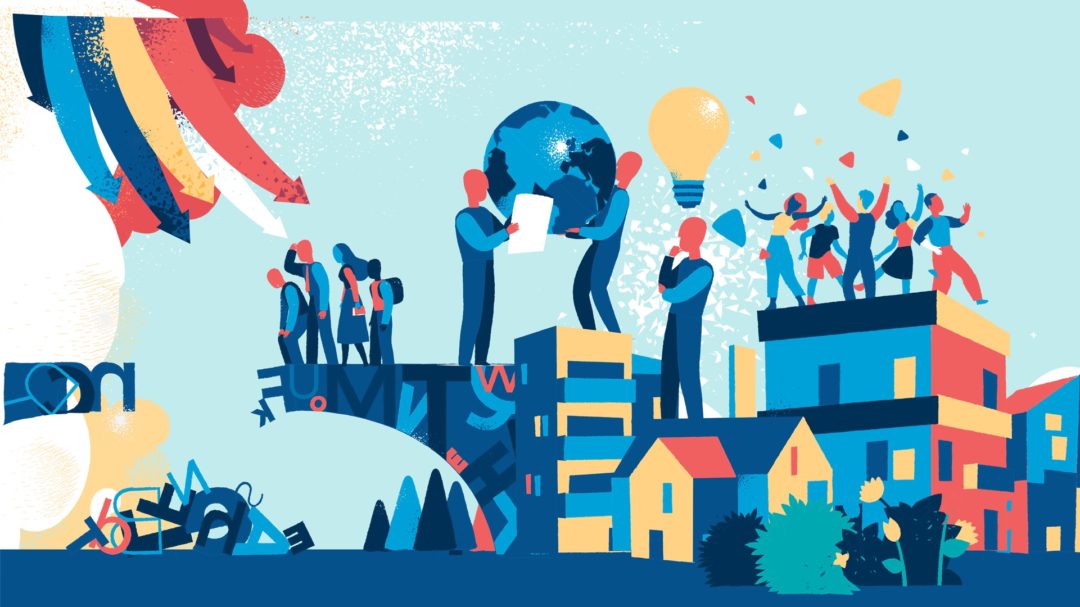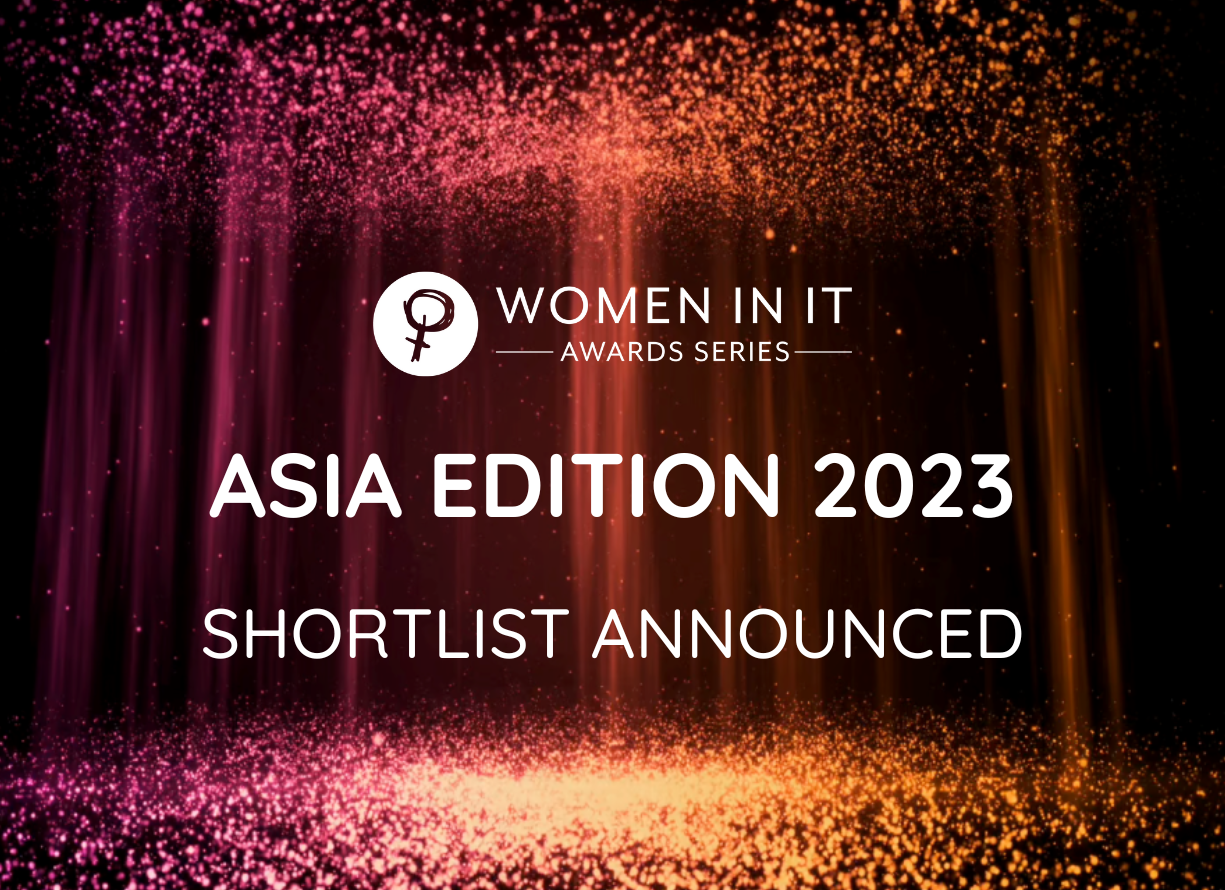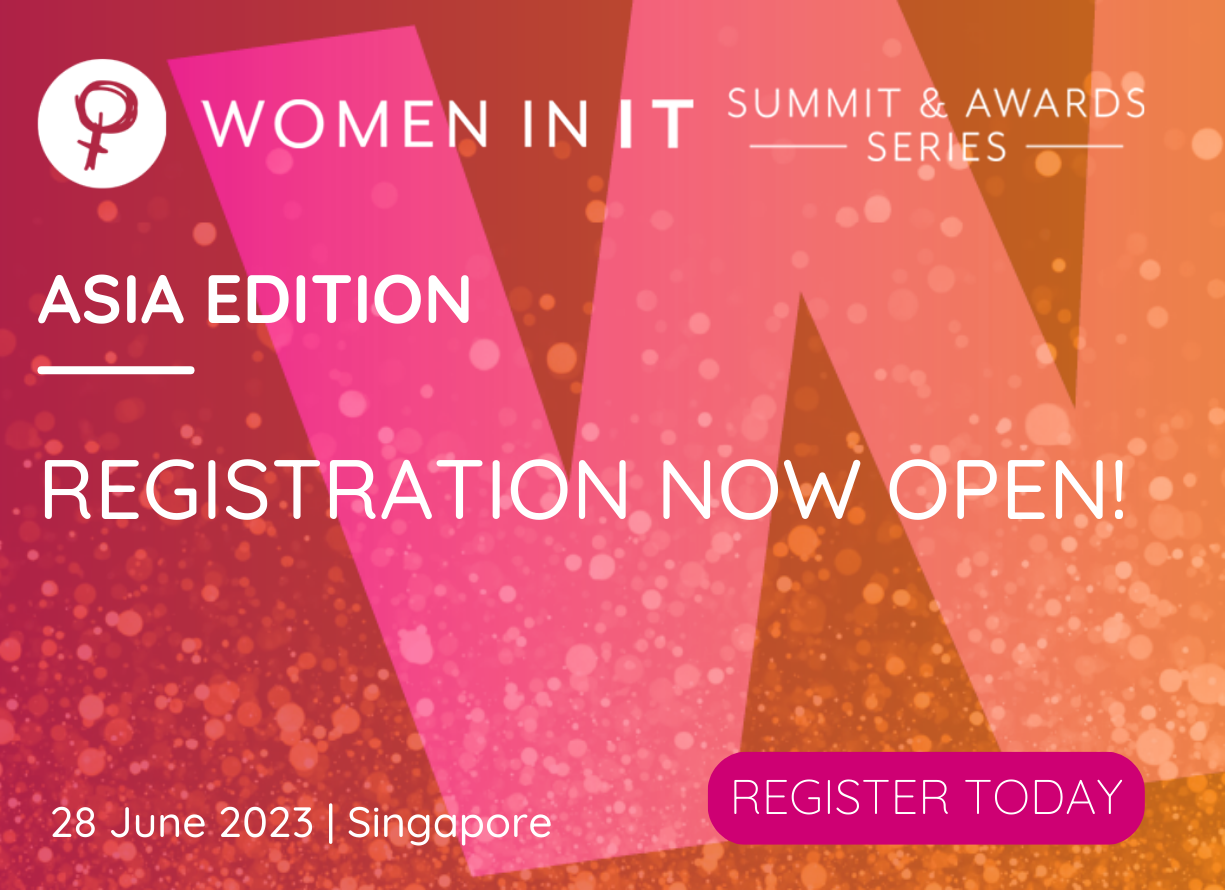Ahead of the third and final webinar in Information Age’s Responsible Technology Series, in partnership with Salesforce and NTT ltd, we spoke to David Ryan Polgar, Founder of All Tech is Human — who appeared as a panelist on the second webinar, The Future of Responsible.
The third webinar, entitled Employees, Ethics & Tech Development, will take place on Wednesday, 4th November 2020 at 10:00am and is free of charge.
You can register here.
How did you end up working in the realm of responsible technology?
“With great power comes great responsibility.” I saw pretty early on how the growing power of the technology industry to impact individual civil liberties, the human condition, and democracy at large would lead to greater focus on ensuring that technology is developed and deployed responsibly. With a background as an attorney and educator, I set out in 2012 to actively build out a career in the Responsible Tech field. A TEDx talk I gave in 2013 began increasing requests for speaking and consulting, which I was able to turn into a full-time pursuit.
The connective tissue in my career is that every project I work on is focused around building a better tech future. I view “tech” through a socio-technical lens. In other words, when we are talking about “tech” we also have to discuss power, equity, and fairness. The way I see is, technology is democracy – and we need more participation.
Today I am the founder of All Tech Is Human, an organisation that informs and inspires the next generation of responsible technologists and changemakers. And in March, I joined TikTok’s Content Advisory Council. I also serve as an advisor to multiple projects, such as the Technology and Adolescent Mental Wellness program out of the University of Wisconsin-Madison.
In your eyes, what are the top 3 priorities for the tech industry in becoming more ethical?
Three priorities right now should be crafting smart regulations, increasing the diversity of thought in the tech industry (i.e. adding more social scientists), and bridging the gulf between those that develop the technology and those that are most impacted by its deployment.
If we truly want to impact behavior, smart regulations can be an effective tool. Right now, there is often a tension between “being ethical” and being successful from a business perspective. In particular, social media platforms typically rely on an ad-based business model where the interests of advertisers can run counter to the interests of users.
Adding diverse thinkers to the tech industry is important because “tech” should not be confined to technologists. What we are developing and deploying is impacting people, which heightens the need to incorporate disciplines that naturally understand human behavior.
By bridging the gulf between the individuals developing and deploying technology and those impacted by it, we can better align our technology with our individual and societal needs. Facial recognition is a prime example of a technology that is being deployed faster than our ability to understand its impact on communities. Improving this system is not just about making facial recognition systems less biased, but also incorporating the public concerns around if and how the technology is deployed. Over the coming years, the concerns we have around tech need to be better incorporated into the political process.
Tell us about your time with the panel for the Responsible Technology Series 2020?
What is wonderful about having been a panelist for the Responsible Technology Series 2020 is that I was surrounded by accomplished thought leaders that I can learn from. In particular, a panel is always an opportunity to hear from others that may not share your lived experience. That’s a natural limitation we all have, and something I try to remember. Also, being a panelist is an opportunity to learn how other individuals may be viewing responsible technology through a different lens. In our panel, for example, it was interesting to hear how Chuck Nice is viewing responsible technology through environmental concerns.

Why and how should we continue having these important conversations, during such a difficult time globally?
Covid-19 has changed our relationship to technology as in many ways we are more dependent on it as in-person interactions have massively decreased. There is more need than ever right now to align our technology with our values.
Also, responsible technology is directly related to the difficult time we face globally. Social media platforms play a significant role in disseminating and amplifying information, so ensuring that the information is accurate is essential. Right now we need veracity before virality. When it comes down to misinformation around Covid, bad information can physically harm citizens.
What’s your call to action, for individuals as well as organisations and society?
All tech is human, which means that we are the ones determining our tech future. The future is not inevitable and it is up to the guidelines and safeguards that we either create or don’t. The last few years have shown us both the promise and peril with our technology, especially regarding social media and artificial intelligence. By actively coming together and robustly debating what we want our tech future to look like, we are better positioned to have a future that is good for our civil liberties, freedom of mind, and democracy.
Can you provide our readers with some additional resources?
Talks:
1. The Difficult Tradeoffs With Fighting Hate Speech and Misinformation Online (from TechChill, Riga, Latvia):
2. Building the Responsible AI Pipeline:
Video series:
3. Bringing Responsibility and Tech Ethics into the Organization
Writing:
4. Not All Tech Problems Are Engineering Problems










